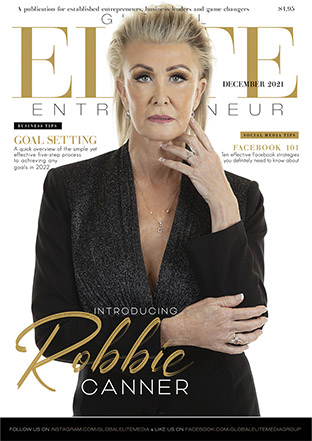
Ask any entrepreneurship expert, and they will tell you that the core principle that dictates bankruptcy is poor cash flow. Even if a business is in a lot of debt but follows a solid system of positive cash flow and a close monitoring of returns and payables, bankruptcy is less likely to happen. If you are a rookie entrepreneur, you may want to watch out for seemingly simple things that can potentially hurt your business and lead to its insolvency.
Small, Unnecessary Purchases
So you’ve just opened your business and started buying all these interior design accent pieces that can’t promise an influx of customers. In some cases, some owners get too obsessed with “cheap” buys, not realizing that these small amounts pile up too. Think of the few hundred dollars spent on décor and a nice coffee table that could have been used to pay your power bills. Remember, the goal is to have a fast return on your investment, so you may want to stop spending on unnecessary, inexpensive buys because those “discounted” prices add up too.
Hiring too Many Staff too soon
The success of your business is extremely proportionate to the amount of work that you put into it. At the onset of your venture, try to minimize your expenses, including employee salary. If you can do away with just one or two helpers, then, by all means, hire fewer. Most successful startups have owners who went through sleepless nights and survived on home-cooked meals, and some even had to be their own store’s painter, janitor, and handyman. Salaries are part of overhead expenses, and if you can cut costs on overhead, you can direct your funds to better channels such as marketing and lead creation. The last thing you want is to overlay your employees because you can no longer afford to pay their wages.
Poor Accounting
There is a misconception that small businesses do not need painstaking accounting work. You raise capital, earn, and that’s about it… Wrong!
Small businesses need more accounting work to track the money spent on rent, stocks, supplies, and contingencies compared to big, stable corporations that already have a system in place. Other miscellaneous expenses should also be listed and itemized to check if you’re spending too much on minor things. This will also help you decide on expenses where you can cut down and save. Ideally, your operational expenses should not exceed your average daily or monthly income. If you lose sight of where your money is going, it may be too late for you to realize that your business is slowly losing money, and everything can be gone at your own expense.
If you’re frugal and prudent enough, you’ll know the things that deserve a chunk of your startup capital and those that can wait for later. Maintaining healthy cash flow can be tricky, and there WILL always be lean months where you’re almost just breaking even. Regardless of these challenges, resilience and the ability to adapt and redesign your business strategies can draw the line between bankruptcy and brand endurance.








